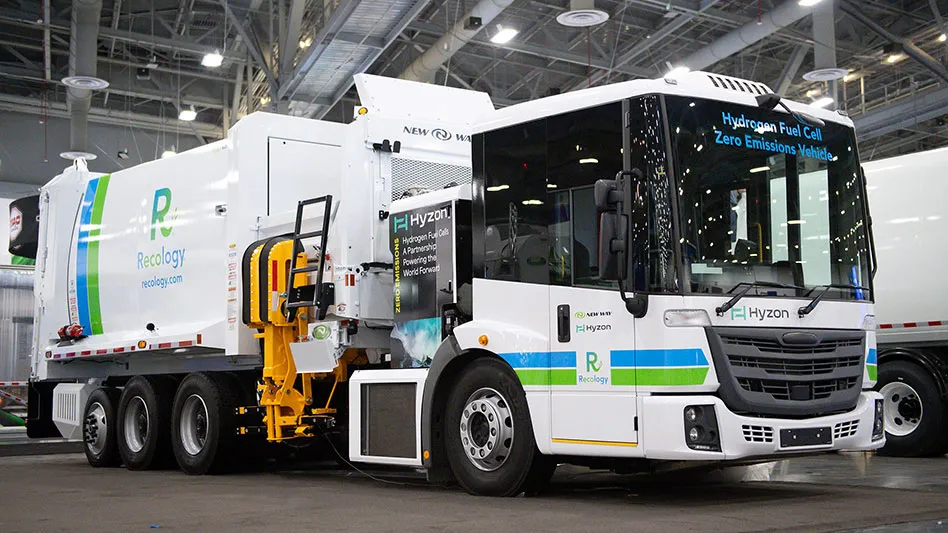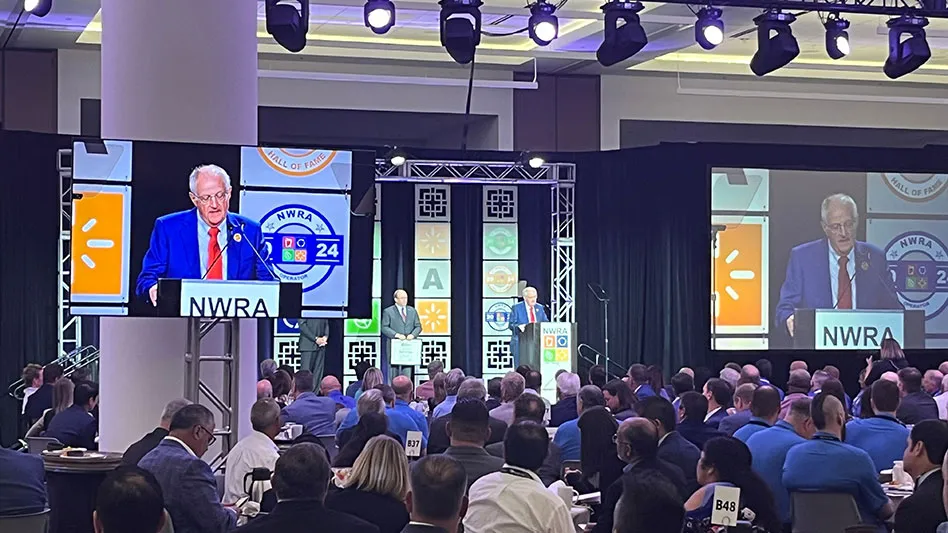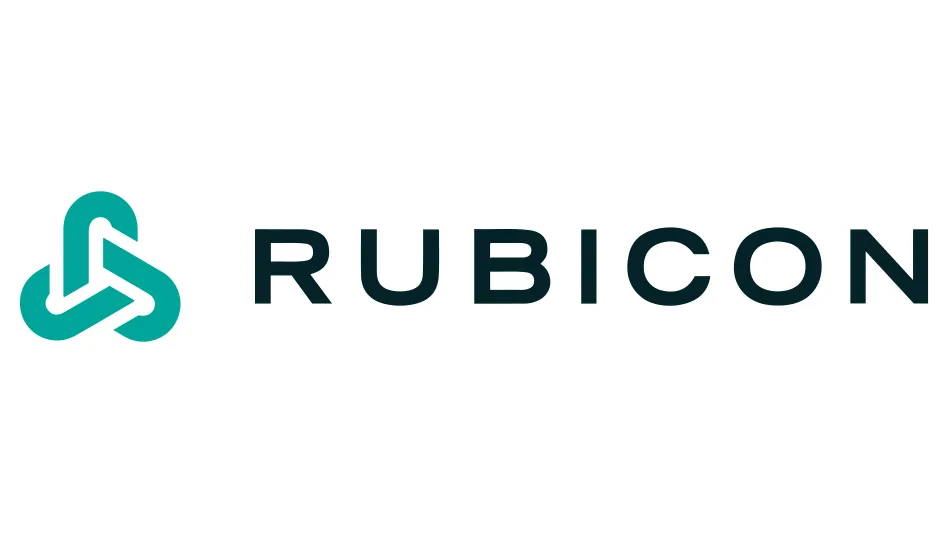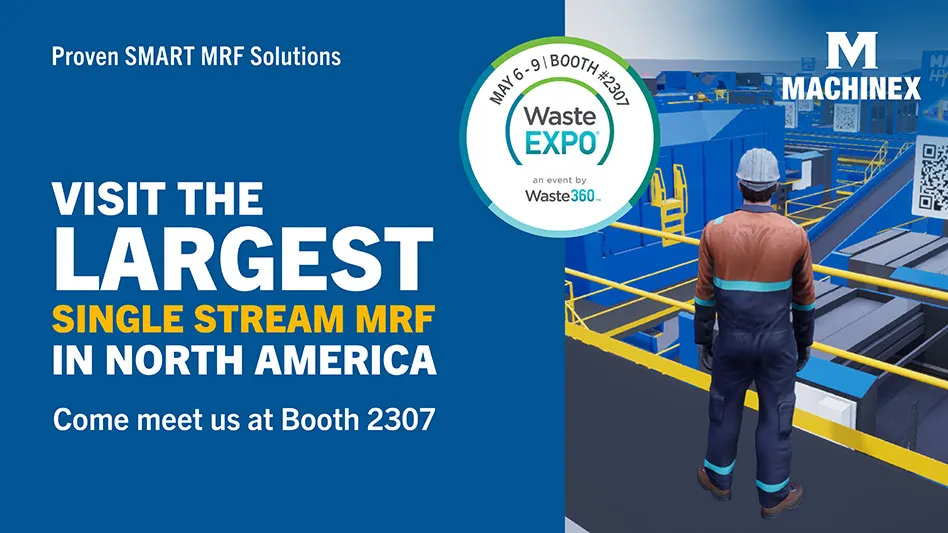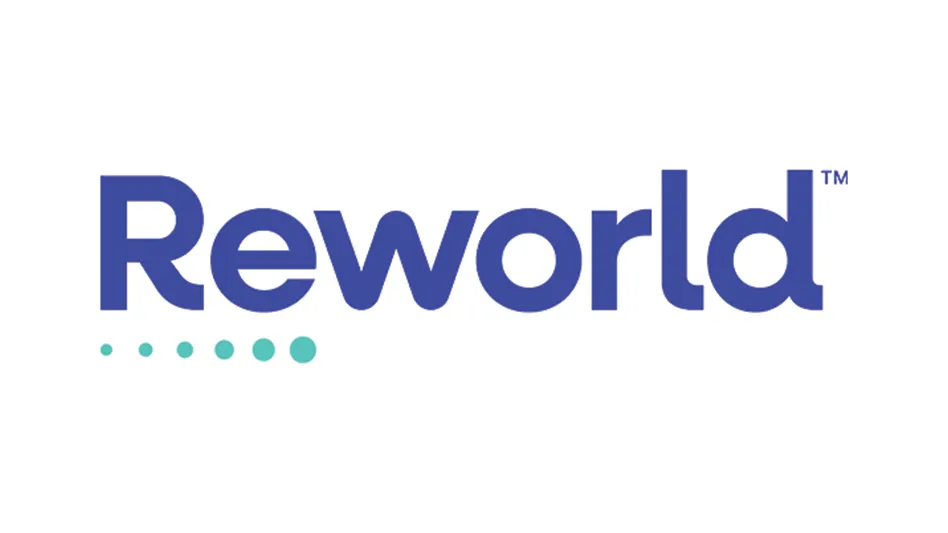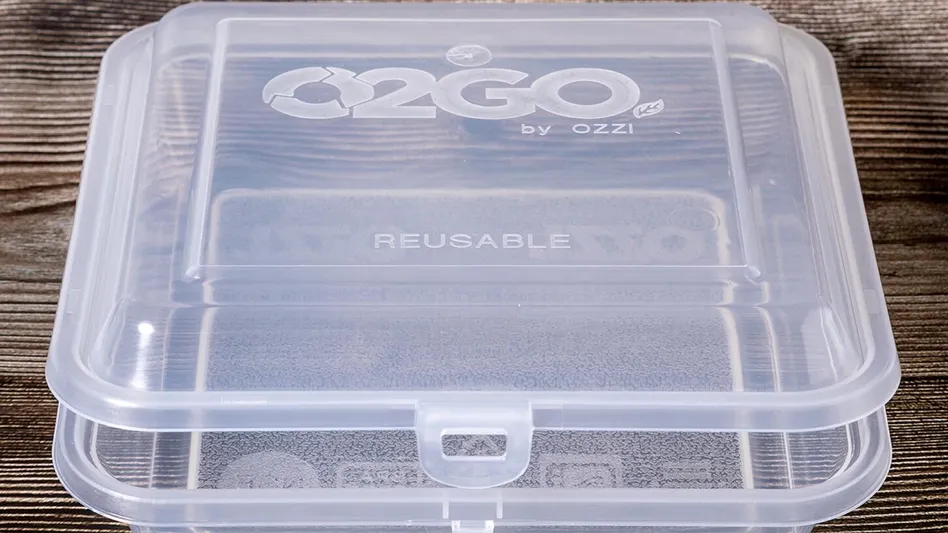
Photo courtesy of Evergreen
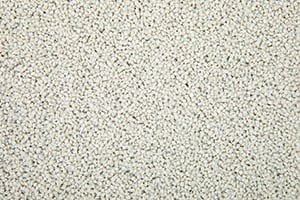
Evergreen, a plastics recycling and manufacturing company based in Clyde, Ohio, completed the acquisition of UltrePET and Novapet from wTe Corp., Bedford, Massachusetts, in November 2021. The move helped to increase its annual recycled polyethylene terephthalate (rPET) capacity to more than 147 million pounds from 40 million pounds just one year ago.
Owned by The Sterling Group, Houston, Evergreen has become one of North America’s largest producers of food-grade rPET, having grown from its single location in Clyde in January of last year to three locations in the U.S. following the additions of the former UltrePET plant in Albany, New York, and the former CarbonLite plant in Riverside, California, and one location in Canada with the addition of Novapet in Amherst, Nova Scotia.

Additional capacity to come
In addition to growing its rPET production capacity through acquisition, Evergreen announced an expansion at its Clyde plant in 2021 that will be completed in the middle of this year. That expansion, which includes the installation of a 54,000-square-foot building that will house four high-volume, food-grade rPET manufacturing lines, will nearly triple the plant’s production to 110 million pounds. Evergreen’s annual rPET capacity across its locations will grow to 217 million pounds with the expansion.
The improvements underway in Clyde were funded in part by a $5 million investment from the American Beverage Association and the Ohio Beverage Association in partnership with Closed Loop Partners. Half of the $5 million investment is from the American Beverage Association in partnership with Closed Loop Partners through the beverage industry’s Every Bottle Back initiative, and the other half from Closed Loop Partners’ Infrastructure Fund.
“America’s beverage companies are carefully designing our bottles to be 100 recyclable, and we want them all back so they can be remade into new bottles, as intended,” Megan Daum, vice president of sustainability at the American Beverage Association. “Increasing the use of postconsumer recycled material in our bottles is a top priority of our industry, which is why we’re making critical investments in recycling infrastructure, like we have done with Evergreen. Public-private partnerships like these are essential in driving solutions to close the loop on our bottles and reduce the use of new plastic.”
Evergreen General Manager Greg Johnson says the company’s rapid growth is in response to increased global demand for recycled content for plastic packaging. “The world has reached a tipping point where recycling and the use of recycled content aren’t just ‘nice’ to do—consumers and companies agree we have to do these things to lessen our impact on the environment. As a plastics recycler and producer of rPET for more than two decades, Evergreen has the expertise to help customers close the loop on PET plastic. Now, with these strategic acquisitions and expansion, we have the volume to really make an impact,” he says.
Of the rPET pellets Evergreen produces, roughly 95 percent are sold for use in food-grade packaging, Johnson says.
“We've gone to the market and said, ‘Here's our capacity. Once we sell it, we're done,’” Omar Abuaita, president and CEO of Evergreen’s parent company, Greenbridge, says. “So, we are signing up multiyear contracts with a lot of the major CPGs (consumer packaged goods), and, once we're committing to them, we're done with everybody else.”
Insufficient supply
Abuaita says two major factors were behind the company’s purchase of UltrePET and Novapet. “We’re constantly looking for opportunities to expand our reach to our existing customer base as well as new ones,” he says. “And another big play with the Nova acquisition was the security of supply. That was a pretty big factor in our decision-making.”
Purchasing Novapet allows Evergreen to tap into the supply of PET bottles generated in Nova Scotia and the other Atlantic provinces of Canada.
In January 2021, Evergreen had the capacity to recycle about 2 billion PET bottles annually. Following its acquisitions, that number is 11.6 billion bottles.
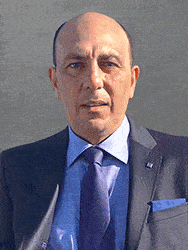
Abuaita says not enough PET bottles are collected for recycling to be able to fulfill the recycled content commitments that brand owners have made, noting that the recycling rate continues to decline year over year. For that reason, securing supply is a key focus for Evergreen. “It's one thing to say that I've got the capacity to produce rPET," he says. “You’ve got to have material to make sure that that capacity is being used. And that is becoming a big, big issue across the whole of the U.S.”
While commitments to use more recycled content are good for rPET producers and the environment, Abuaita says the collection system that predominates in the U.S. leaves “no path forward.” He adds, “We're not fixing the fundamental issue with the collection system.”
He says Evergreen is “supportive and anything that takes the collection system upwards, even though it may mean lower bale prices [and] lower selling prices.”
With supply insufficient to meet demand, Abuaita says Evergreen is paying premiums to secure material. “And that's fine with me because at some point the music is going to stop and there's not going to be enough chairs around for everybody.”
Embracing innovationAbuaita says Evergreen is working to enhance the rPET it produces to meet the needs of specific customers. “Whether its color, IV (intrinsic viscosity), whatever you want to enhance, we're working very, very hard on the innovation front.”
He adds that those innovations could be in the form of additives and processing improvements.
“We know what we're doing,” he says, adding that virgin PET producers that recently have embraced recycling are doing so because of public pressure. “Virgin is not the kingmaker,” Abuaita says. “Suddenly, they're getting in there just to protect their hide, in a sense, and that's fine. There's nothing wrong with that strategy, but you better know what you're doing in the space. And what we're finding out very clearly is we know what we're doing. … We've been doing this since the ’80s. It'll take a long time for others to catch up to our capabilities or know-how.”
He says Evergreen has made some upgrades to the former CarbonLite site it purchased in California but has not been able to make more extensive changes because of long lead times for equipment. However, Abuaita says, Evergreen has made operational changes that have improved the quality of the rPET produced at the site.
Evergreen also has improvements underway at its Albany plant that ultimately will increase the plant’s capacity. “We’re putting in robots and are looking to upgrade the backend,” Abuaita says.
In its Clyde plant, the company has deployed artificial intelligence-enabled robots to aid in sorting PET bottles. “We don’t want any recyclable bottles to get past us,” Johnson says.
“We have a phenomenal customer base that recognizes the unique position Evergreen is in,” Abuaita says. “They appreciate the fact that we’re sticking with the space and winning the fight against the big virgin guys. We want to reward our customer base with more capacity because they need it.”
He adds that while a “fringe” segment of CPGs “still want to beat you up on price,” there are “enough CPGs with sophisticated buyers that know the dynamics [of recycled PET] … and appreciate what we are doing.”
Latest from Waste Today
- Waste Robotics and Greyparrot form partnership
- Delos and Silverfern Group complete sale of Pioneer Recycling Services
- Simplified Environmental Solutions adds 2 locations
- Glass Recycling Foundation awards $150K in grants
- Kent County, Michigan, opens new transfer station
- GFL reports revenue increase in first quarter
- Bioenergy Devco honored at SEAL Awards
- AMCS showcasing Performance Sustainability Suite at WasteExpo
